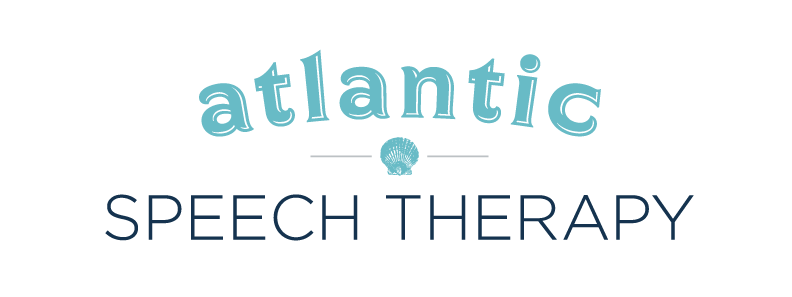Nutrition Therapy
Good nutrition is an essential part of health, but food is often a sensitive subject; you may feel like you should know all the answers and can feel frustrated when you eat too much or too little. Nutrition therapy can work with you to ensure you receive the proper care to maintain adequate nutrition.
Our licensed Nutrition Dietitians use evidence-based information to treat different disease states and integrative nutrition (vitamins and minerals). They are trained to determine what information relates specifically to the needs of each client.
Each nutrition consultation focuses on developing short-term and long-term goals for treating a variety of difficulties the patient may be experiencing, from feeding difficulties, to weight loss, to sensory and behavioral issues and more. We will work together to create a realistic nutrition plan that can help with such topics as…
- Autism
- Obesity
- Behavioral Issues
- ADD (Attention Deficit Disorder)
- ADHD (Attention Deficit Hyperactive Disorder)
- Picky Eaters
- Nutrition Deficits
- Weight Loss/ Weight Gain
- Inadequate Growth
- And more
Nutrition Therapy Services
We approach nutrition therapy as a holistic discipline focused on education, information, empowerment, and a systematic approach to treatment. A healthy framework can give you the tools to change your behavior and address these concerns.
Nutrition therapy is a partnership; results are best achieved when an educator and client work together to create a meal program specific to the client’s needs and goals.
Our services include targeted benefits and structured plans related to…
- Nutrition Evaluation
- Nutrition Therapy
- Custom Menu Preparations (Weekly or Monthly with Recipes)
- Basic Cooking Classes
- Pantry Clean Outs
- Grocery Shopping Tools
- Shopping on a Budget
- How to Read Food Labels
- Nutrition Education
- Portion Sizes
- Vitamin/Mineral Education
- Understanding Gluten-Free
- Probiotics and Prebiotics
Have questions?
Call us to learn more or to schedule an evaluation
© 2022 eatright.org. Academy of Nutrition and Dietetics, All Rights Reserved.
Contact us today for more information on the Nutrition Care Process and how a licensed professional can help you determine a plan of action.

